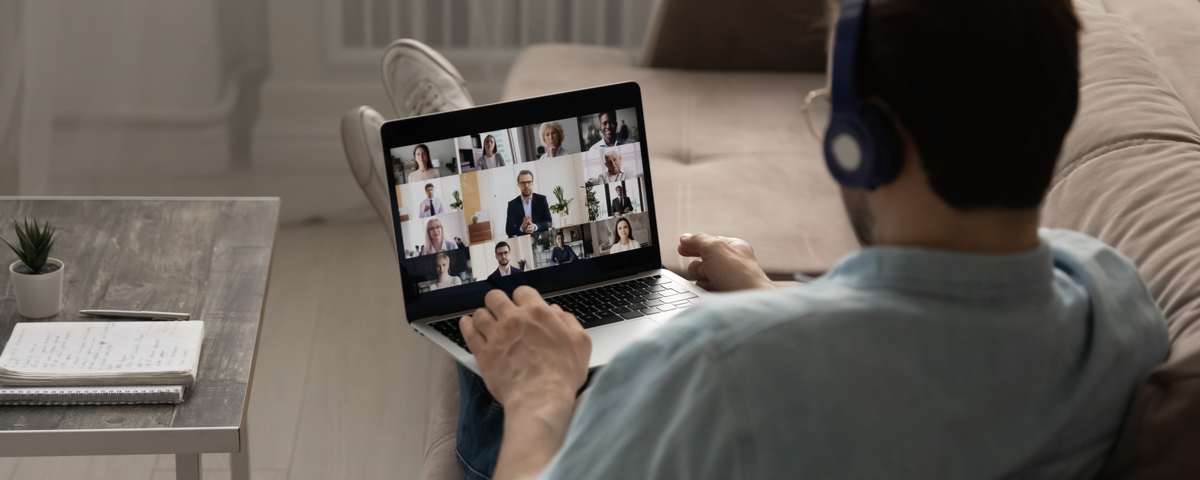For the last eight years I have been to every single session of the responsible tourism programme at World Travel Market. And every year, I have produced a daily summary of what has happened during those sessions, trying to include all the key quotes and stats that stick in my mind to make sense of where our industry is. On this most unique of years I find it boils down to that one word – inclusion.
COVID has shown how different crises connect. You can’t address them in isolation.
Many speakers commented on how we are in a climate, biodiversity, economic, and health crisis. And how they all relate. Eugenio Yunis from the Federation of Tourism Enterprises of Chile added that we are in a ‘Values Crisis’. To solve any of these emergencies we have to include them all.
“We will never get a better poster child for how biodiversity loss affects us than COVID.” says Aradhana Khowala, CEO & Founder, Aptamind Partners. “Unless we find a way to regenerate and enhance biodiversity and do it quickly, we are basically doomed.”
Tourism requires diversity. It needs to be structured to support it.
We don’t all want to go to the same place. We don’t all want the same experience. We aren’t all the same. Martinique Lewis, one of 17 founders of Black Travel Alliance, shared research that tourists are 70% more likely to do business with brands where they see themselves reflected in the marketing, and yet the vast majority of tourism marketing shows holidaymakers who are white, young, slim and able bodied. We have to include everyone else too.
The Muslim market, is worth 190bn according to Fazal Bahardeen, CEO of CrescentRating, yet is rarely provided with the support it needs. He said that people “can’t see the reality of the market”, because at one extreme they see terrorists and at the other islamophobes, both of which he said were tiny minorities, but make the loudest noise. “We don’t want to be treated specially,” said Bahardeen. “We just wanted to be included.”
“It’s not about us if it’s without us,”said Keith Henry, President and CEO, Indigenous Tourism Association of Canada, referring to the way that representations of indigenous people are appropriated for use in marketing campaigns by tourism, but indigenous communities are hardly ever involved in the creation of the campaigns themselves, let alone offered support for their own. “We’re not just there to provide content.”
Uwern Jong, Experientalist in Chief at Out There Magazine, connected the experience of racism with that of the LGBTQ+ community. “We need more people from all diverse backgrounds to be at the top level of all tourism organisations, and right now it isn’t happening,” he said, adding that if people wanted to help, then “allyship is so important in driving any movement forward.”
Asked how the recovery from COVID could look to address these challenges, he replied that his magazine’s research – supported by countless findings elsewhere – had made clear that people want to support brands that take care of the world, and that taking care means sustainability in the social sense as much as environmental.
“Diversity and inclusion has to be a part of your everyday,” he said. “It cannot be a campaign, it can’t be tokenist. You need to build it in.”
Communities are where tourism happens. They have to be included in deciding how it happens.
COVID has shown how overdependent some communities had become on tourism. It has also put huge pressure on others, when lockdowns have ended and people have rushed to escape confinement and find space in rural areas. Sometimes their behaviour has caused resentment and fear in the communities they visit, and risks exacerbating the antipathy caused by over tourism in the years to come.
The way we address this, said Riddell Graham, Director of Industry and Destination Development, VisitScotland is that destinations have to be “much more engaged with communities – If we don’t take communities with us, then it’s not sustainable, and it’s not responsible tourism.”
Manda Brookman, director of Permanently Brilliant put it more starkly. “It isn’t about how does the industry survive,” she said “It is about how do places survive, and how can the industry contribute to this?”
Thank heavens for digital keeping us connected. Can’t wait to reconnect in person.
We’ve all lived behind our screens these last few months, and they have facilitated remarkable collaborations. They have enabled us to cross continents while cutting carbon. But they have also made clear what’s been left out.
The screen only includes what happens on the screen. There’s no spontaneity or surprise. I didn’t catch a session that I would never normally have gone to. Crash an end of day drinks. Bump into someone I hadn’t seen for years drinking coffee in the concourse. Or meet a group for a cheeky pint and make a friend for life.
Next year…


